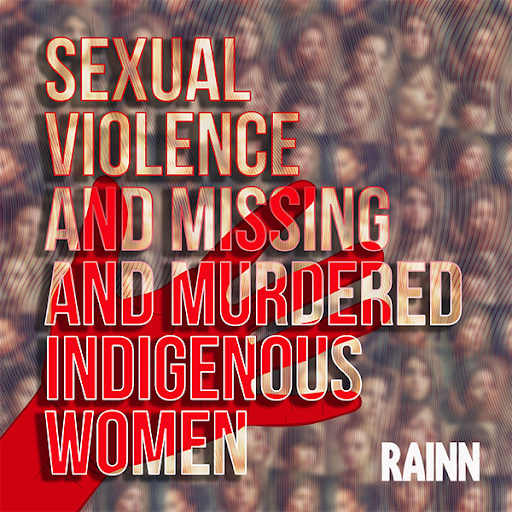Para leer en español, haga click aquí

As Native American Heritage Month dawns in November, it is a poignant moment to reflect on sexual violence within Indigenous communities. The staggering statistics reveal the unsettling prevalence of missing and murdered Indigenous women (MMIW).
Sexual Violence and MMIW
In the United States, Indigenous people are twice as likely to experience sexual violence compared to all races. Native American women are disproportionately affected by murders and sexual assaults within reservations and nearby towns, surpassing rates among other American women. Additionally, according to the National Crime Information Center, there were 5,712 reports of missing American Indian and Alaska Native women and girls in 2016—also known as missing and murdered Indigenous woman (MMIW). These statistics shed light on the distressing extent of sexual violence within Indigenous communities and the intersection between sexual violence and the crisis of MMIW.
MMIW represents the stories and lives of countless Indigenous women and girls who have tragically vanished or lost their lives across the United States and Canada. These women are daughters, sisters, mothers, and friends, and tragically, many of these cases go unsolved or un-investigated.
Resources
If you are a survivor from an Indigenous community or have a loved one from an Indigenous community who needs support and resources, consider reaching out to the following organizations:
A note on language: The term “Indigenous” is used here to describe many individuals in distinct and unique communities whose lands are within the United States and who define their identities in a variety of ways, including: American Indian, Alaska Native, and Native American.